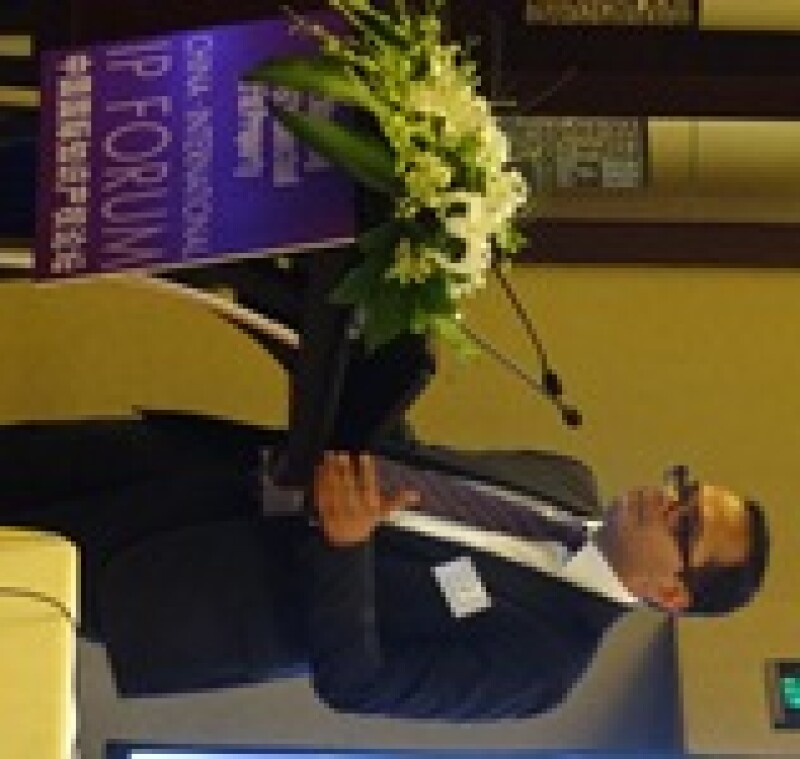
Essenese Obhan of Obhan & Associates discussed this and other tips for rights holders interested in doing business in India at Managing IP’s China – International IP Forum last week.
One important feature of India’s patent law is that under Section 13(4) of the Act, there is no presumption of patent validity even if there has been a substantive examination, he explained. Because of this, patent applicants must prepare carefully in the case of pre-grant or post-grant opposition.
“In litigation, you will need a strong procedural case, as well as strong technical support for your patent”, he said.
To get interim relief such as an injunction against the opposing party, said Obhan, the rights holder must to establish a prima facie case as to the patent’s validity. Complying with all the procedural requirements is crucial to building that case.
One important pre-grant requirement is submitting information about parallel applications in other countries, said Obhan. The statement must include a list of the countries in which the patent has been filed, date of application, application number, status, and the publication and grant dates.
In addition, the applicant may be required to provide information about the application status in other countries, including if there were objections to the novelty and patentability of the invention.
This information must be submitted within six months of filing and periodically updated until the patent is granted.
Obhan said that failure to provide this information in a timely manner compromises the applicant’s case for prima facie validity. It also damages the applicant’s credibility with the registrar.
Procedural correctness is also extremely important in building a post-grant case for prima facie validity, he said.
One requirement that often gives companies trouble is the “statement of working”, which must be filed by March 31 of each year. The filing must state whether the patent is being worked, and if so, details such as the “quantum and value” of the product, Obhan explained, as well as whether it is manufactured in India and whether it is being imported elsewhere. The statement must also give information such as whether licenses have been granted.
If the patent is not being worked, Obhan said, the applicant must explain why that is, and what steps are being taken to commercialise the innovation.
Failure to file this statement implies that the patent is “non-working” and also creates grounds to grant a compulsory licence, said Obhan. It may also lead to a fine of up to INR 1 million ($17,551.83).
Despite the dangers of not filing, Obhan warned rights holders who are tempted to submit false information of the dangers of doing so. He pointed out that filing false information could result in a fine of up to INR 1 million as well as six months in jail.
Managing IP’s China – International IP Forum took place on June 20 and 21 in Beijing.









